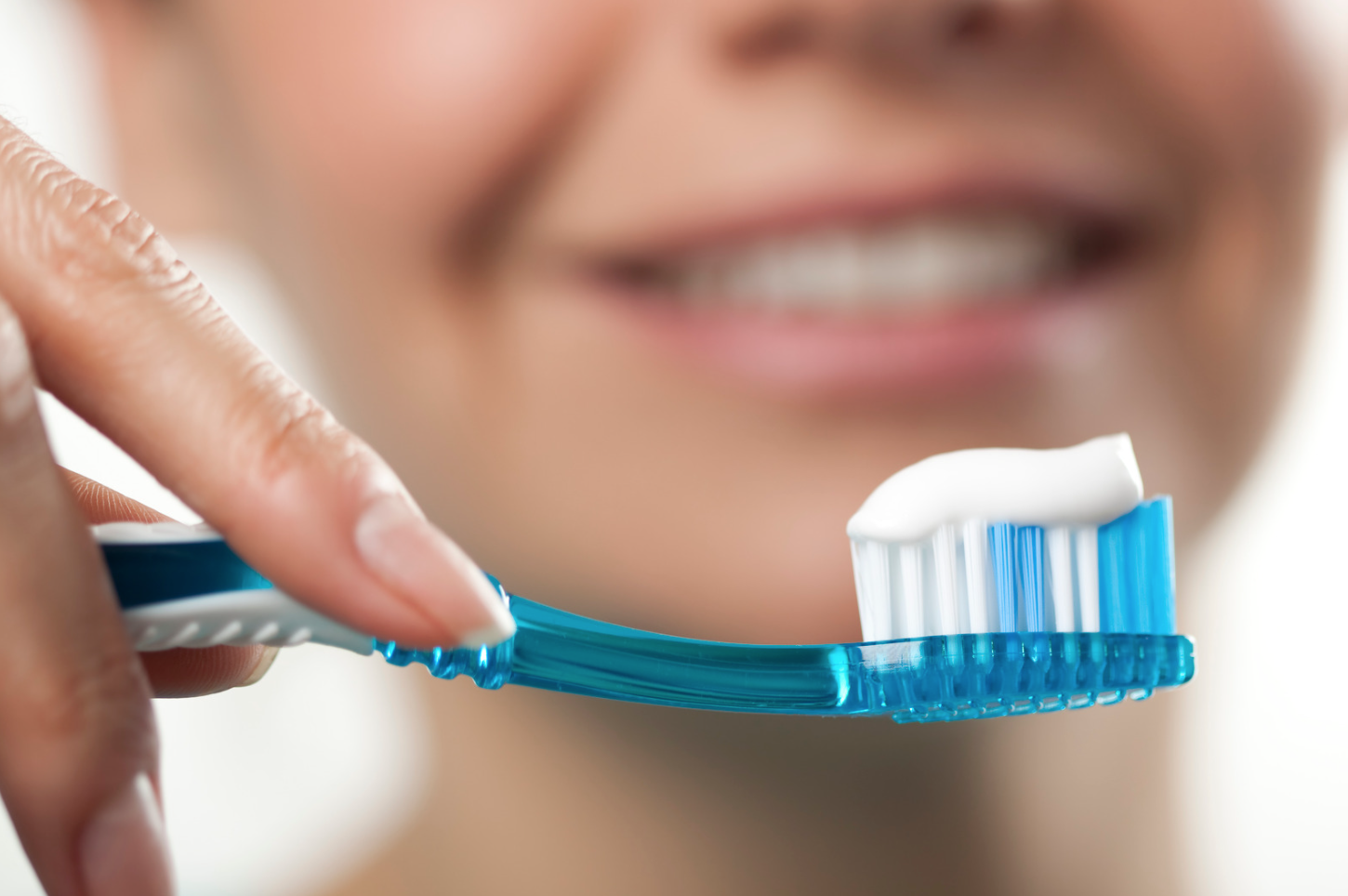Maintaining good oral hygiene isn’t just about keeping your teeth and gums healthy—it may also play a crucial role in protecting your heart. Research has shown a strong connection between poor oral health and an increased risk of heart disease, highlighting the importance of proper dental care for overall cardiovascular health. In this article, we’ll explore the link between oral health and heart disease and discuss steps you can take to live a healthier life by prioritizing both your dental and cardiovascular well-being.
Understanding the Oral-Systemic Connection:
The mouth serves as a gateway to the rest of the body, and poor oral health can have far-reaching effects on overall systemic health. One of the most well-established connections is between gum disease (periodontitis) and heart disease. Gum disease is characterized by inflammation and infection of the gums, which can lead to the release of harmful bacteria and inflammatory molecules into the bloodstream. These circulating pathogens and molecules can contribute to the development and progression of atherosclerosis (hardening of the arteries), increasing the risk of heart attacks and strokes.
Steps to Protect Your Heart Through Oral Hygiene:
- Brush and Floss Regularly: The foundation of good oral hygiene is regular brushing and flossing. Brush your teeth at least twice a day with fluoride toothpaste and floss daily to remove plaque and bacteria from between the teeth and along the gumline.
- Visit Your Dentist Regularly: Schedule regular dental check-ups and cleanings with your dentist to monitor your oral health and address any issues promptly. Your dentist can also provide professional cleanings to remove plaque and tartar buildup, reducing the risk of gum disease and its potential impact on heart health.
- Maintain a Healthy Diet: A nutritious diet rich in fruits, vegetables, lean proteins, and whole grains not only supports oral health but also promotes heart health. Limit sugary and processed foods, which can contribute to tooth decay and inflammation, and opt for heart-healthy alternatives to protect your cardiovascular system.
- Limit Tobacco and Alcohol Use: Tobacco use and excessive alcohol consumption are major risk factors for both gum disease and heart disease. Quit smoking or using tobacco products, and drink alcohol in moderation to reduce your risk of oral and cardiovascular complications.
- Manage Stress: Chronic stress can contribute to poor oral health and increase the risk of heart disease. Practice stress-reduction techniques such as meditation, deep breathing exercises, yoga, or mindfulness to promote relaxation and support overall well-being.
- Stay Active: Regular physical activity is essential for maintaining a healthy weight, reducing inflammation, and supporting heart health. Aim for at least 30 minutes of moderate-intensity exercise most days of the week to keep your heart and body in optimal condition.
- Get Enough Sleep: Adequate sleep is vital for overall health, including oral and cardiovascular health. Aim for 7-9 hours of quality sleep each night to support your body’s natural healing processes and reduce the risk of systemic inflammation.
- Practice Good Hygiene Habits: In addition to oral hygiene, practice good hygiene habits such as washing your hands regularly, covering your mouth and nose when coughing or sneezing, and avoiding close contact with sick individuals to reduce the risk of infections that can impact both oral and heart health.
Conclusion:
Maintaining good oral hygiene isn’t just about preserving your smile—it’s about protecting your heart. By prioritizing regular brushing and flossing, visiting your dentist regularly, adopting a healthy lifestyle, and managing risk factors for heart disease, you can promote both oral and cardiovascular health. Remember, a healthy mouth is a key component of a healthy body, so take steps to clean your teeth and safeguard your heart for a lifetime of wellness.

